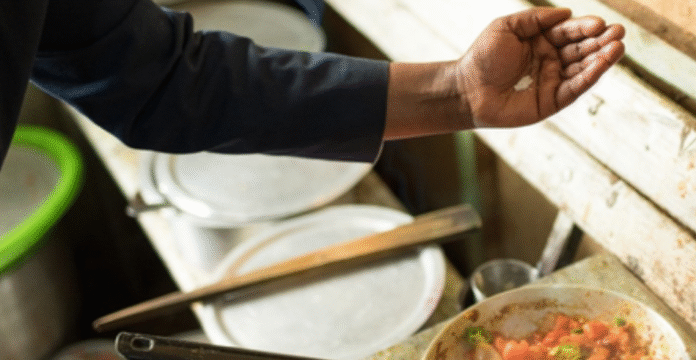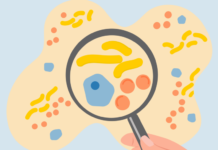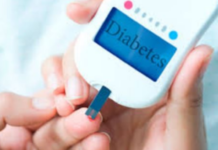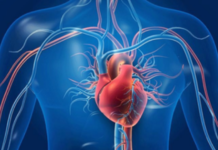NEW DELHI– Indians consume more than twice the recommended daily amount of salt, significantly increasing their risk for hypertension, stroke, kidney disease, and other serious health conditions, according to new findings from the Indian Council of Medical Research’s National Institute of Epidemiology (ICMR-NIE).
The World Health Organization (WHO) recommends consuming less than 5 grams of salt per day—about one teaspoon—or no more than 2 grams of sodium. However, the average daily salt intake in India stands at 11 grams, more than 2.2 times the WHO’s limit, the ICMR-NIE revealed.
“Excess sodium is a silent but deadly health hazard,” the institute warned. “It contributes to high blood pressure, water retention, increased blood volume, and eventually leads to stroke, cardiovascular disease, kidney dysfunction, osteoporosis, and even obesity.”
Common sources of excess salt in the Indian diet include both home-cooked and packaged foods such as pickles, papads, namkeen, biscuits, cookies, bread, vada pav, chips, instant noodles, and canned goods. Much of the salt, researchers noted, is “hidden,” making it difficult for individuals to track their actual intake.
“Regular iodized salt contains about 40% sodium, far above recommended levels,” the institute stated. To counter this, the WHO recommends the use of low-sodium salt alternatives to reduce overall sodium intake.
In response to the growing public health concern, the ICMR-NIE has launched Project Namak, a three-year community-based salt reduction initiative in the states of Punjab and Telangana. The project aims to evaluate the impact of structured dietary counseling delivered by health workers at Health and Wellness Centers (HWCs) on lowering sodium intake and blood pressure among individuals with hypertension.
The program promotes the use of Low-Sodium Salt (LSS), which replaces part of the sodium content with potassium or magnesium. According to researchers, switching to LSS can lower blood pressure by an average of 7/4 mmHg. However, it is not recommended for individuals with kidney disease or those on potassium-restricted diets.
Experts also advise reducing sodium intake by:
-
Prioritizing fresh, minimally processed foods
-
Cooking with little or no added salt
-
Avoiding commercial sauces, dressings, and instant foods
-
Limiting packaged and processed items
Globally, an estimated 1.89 million deaths per year are linked to high sodium consumption, underscoring the urgency of dietary change at both the individual and policy levels. (Source: IANS)














